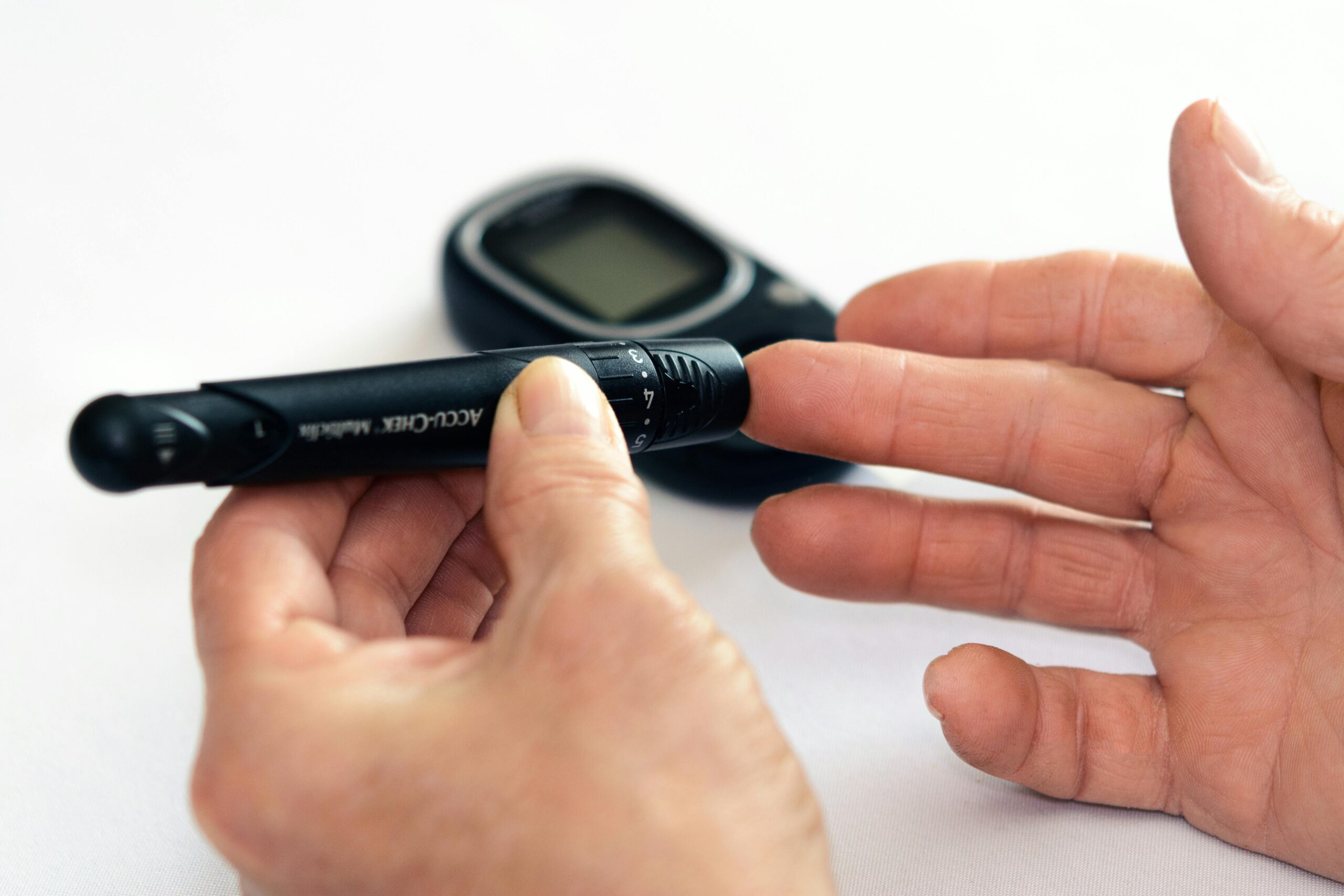In commercial and enterprise settings, VR headsets are frequently shared among users, which significantly raises the risk of disease transmission without proper disinfection measures. Many users assume that these devices meet the same rigorous cleaning standards expected in environments like restaurants or hotels. However, this expectation is rarely met, largely due to several misconceptions and oversights. One major misunderstanding is the belief that disinfectant wipes are effective upon contact, whereas in reality, these wipes require a surface to remain wet for a specific duration, as indicated on their packaging, to effectively disinfect the targeted pathogens. This lack of awareness is compounded by insufficient training on proper disinfection techniques.
Furthermore, there is a widespread belief that face covers on VR headsets provide adequate protection, if they are used at all. This misconception overlooks the fact that VR devices, due to their direct contact with the face and head, can be significant disease vectors. Even when businesses are aware of effective disinfection methods, they often choose not to implement them because of perceived costs and the time required for thorough cleaning. Additionally, the perceived inconvenience of disinfecting headsets between users often leads to neglect in maintaining hygiene standards.
In certain environments, VR solution vendors are aware of these shared risks but may fail to inform buyers about necessary precautions due to concerns that the cost of mitigation might impact sales or reduce spending on their products. Similarly, vendors of VR hardware are sometimes reluctant to recommend validated disinfection systems, fearing that such suggestions might deter potential buyers. This cumulative negligence not only compromises user safety but also exposes businesses to significant legal and financial risks.
For businesses leveraging VR technology, the stakes are high. The failure to recognize these devices as potential disease vectors could result in legal challenges similar to those faced by Olympus. Companies aware of effective disinfection methods but choosing not to implement them due to perceived costs may find themselves facing more significant expenses from potential lawsuits and reputational damage.
Twisdale Law is here to help businesses navigate these challenges effectively. With offices strategically located in North Carolina, South Carolina, and Tennessee, we offer comprehensive legal support to companies across the United States. Our experienced legal team has experience in reviewing compliance and quality control standards, helping you prevent unnecessary lawsuits and enhance operational safety. By partnering with us, you can implement robust cleaning protocols, address potential liabilities proactively, and ensure your business is resilient against legal challenges.
Don’t wait for a legal issue to arise. By learning from cases like Warner v. Olympus America and taking proactive steps, your business can safeguard its reputation and ensure a sustainable future for VR technology. Contact Twisdale Law today to discuss how we can support your compliance efforts and protect your business.








